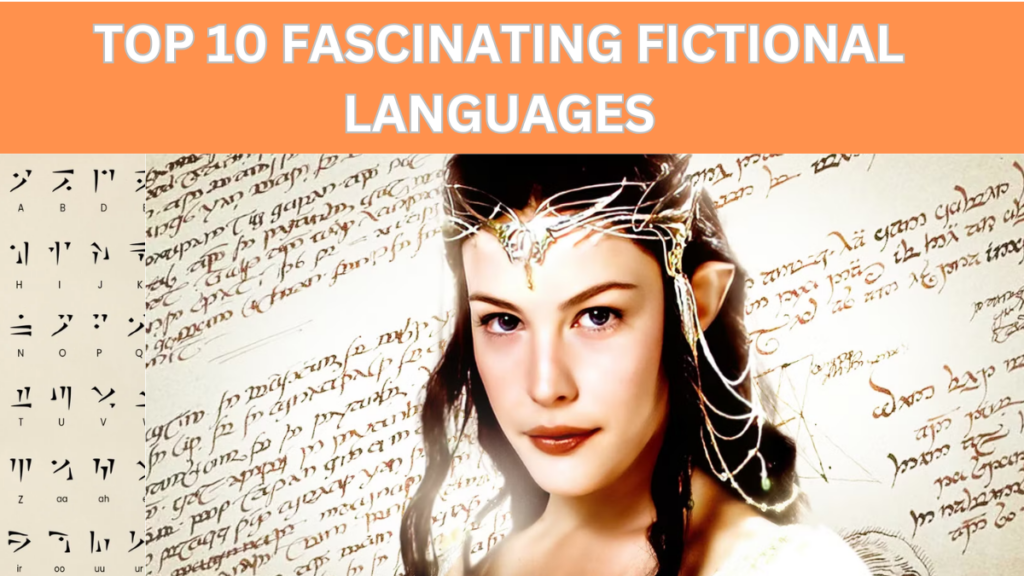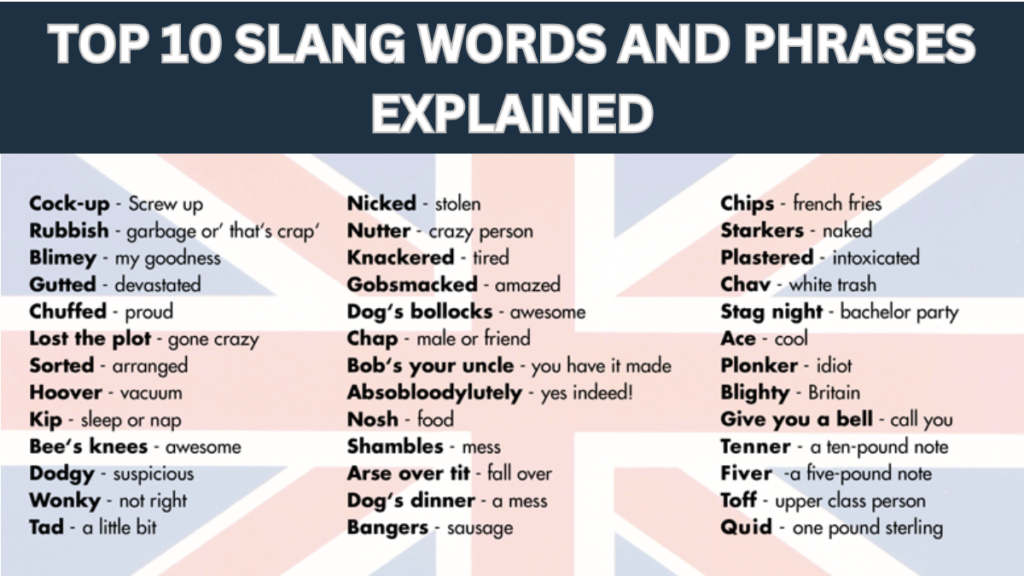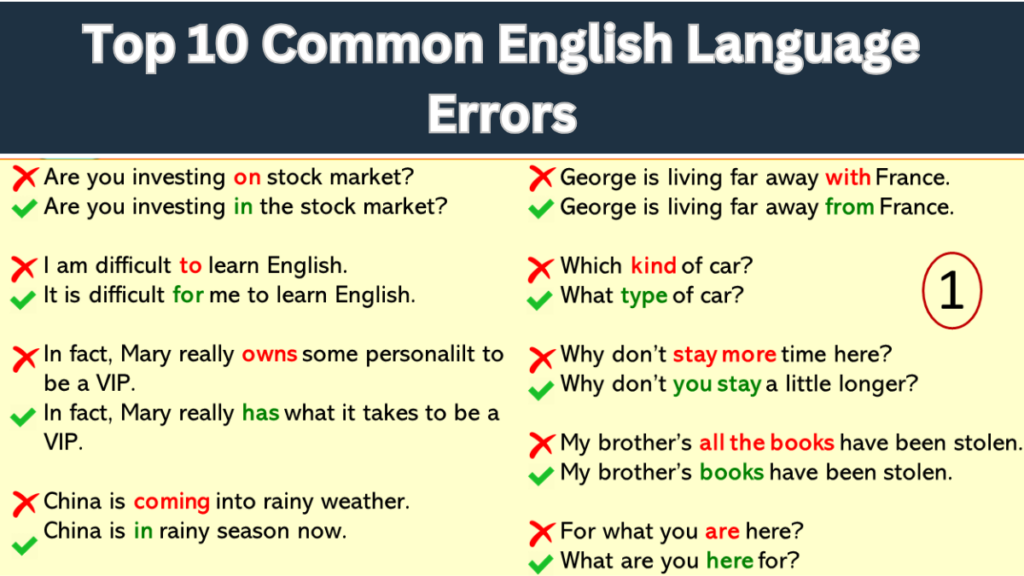Top 10 Most Controversial Nonfiction Books
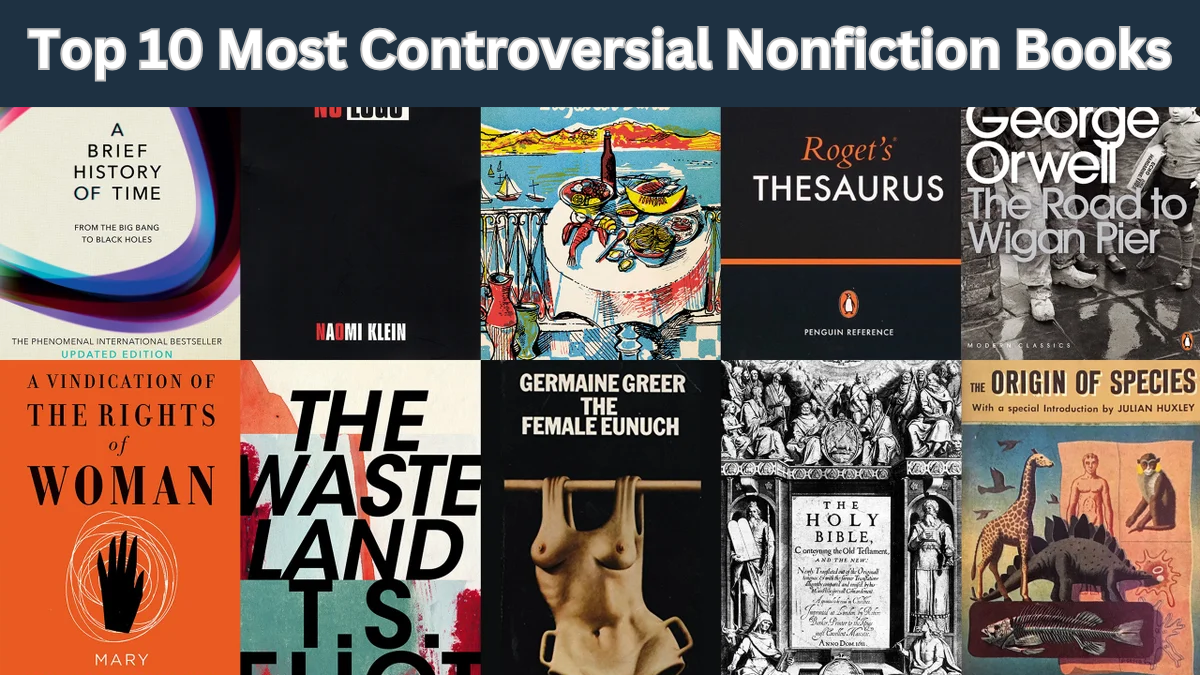
“Discover the top 10 most controversial nonfiction books that have sparked global debates and challenged mainstream ideas. From religious texts to environmental manifestos, each book on this list has left an indelible mark, igniting discussion and divisiveness across generations.”
The Holy Bible
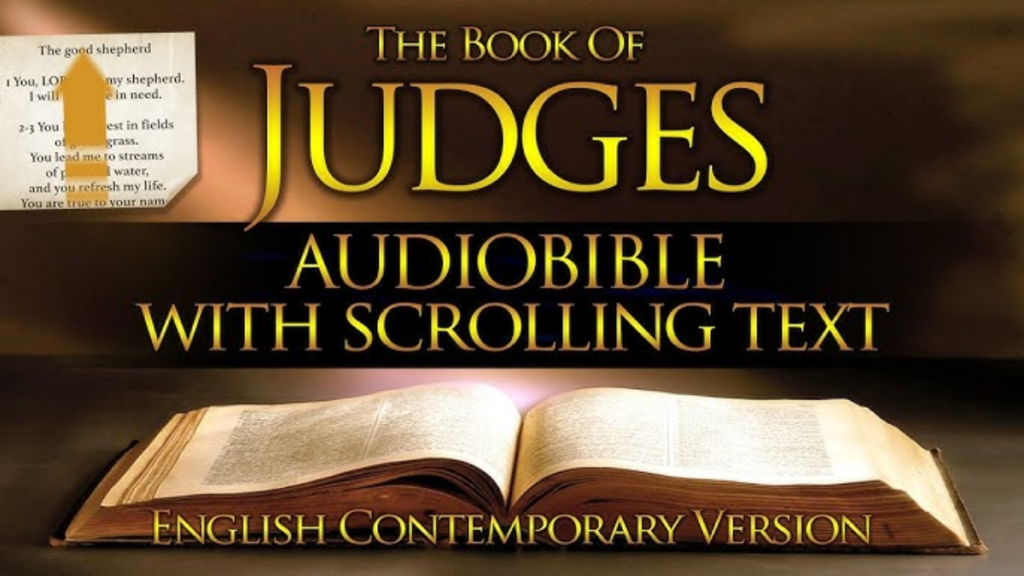
Authored by Jewish and Christian religious figures, The Holy Bible is likely the most debated book in history, inspiring countless interpretations, debates, and doctrines. The controversy spans centuries, from decisions on canonical texts to its moral teachings’ impact on Western thought.
Hitler’s Pope
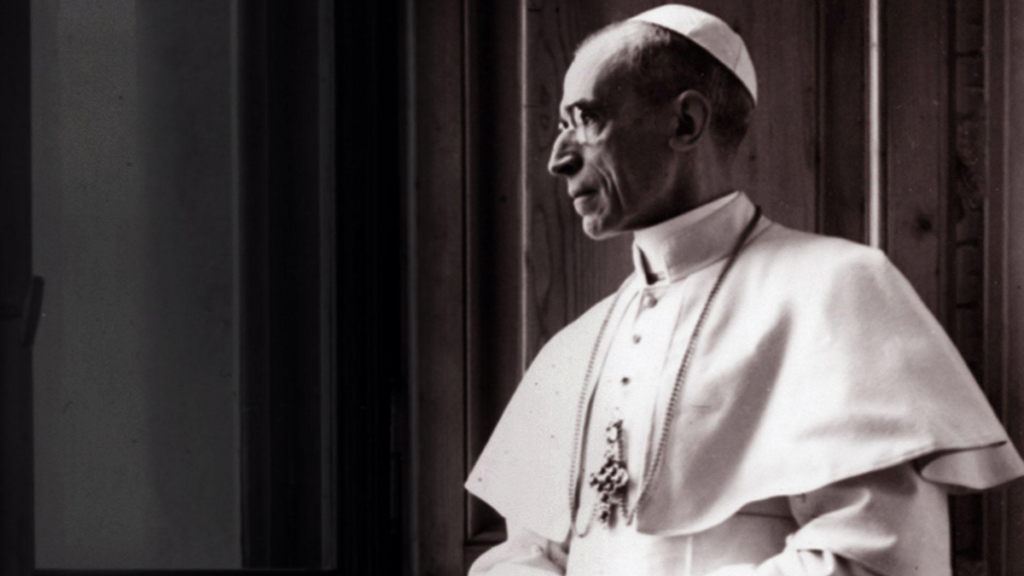
by John Cornwell Cornwell claims that Pope Pius XII aided Hitler by remaining passive during WWII, implicating the Vatican in the Holocaust. Though Cornwell has since retracted some claims, this book sparked widespread debate about the role of religious leaders during the war.
The Bell Curve
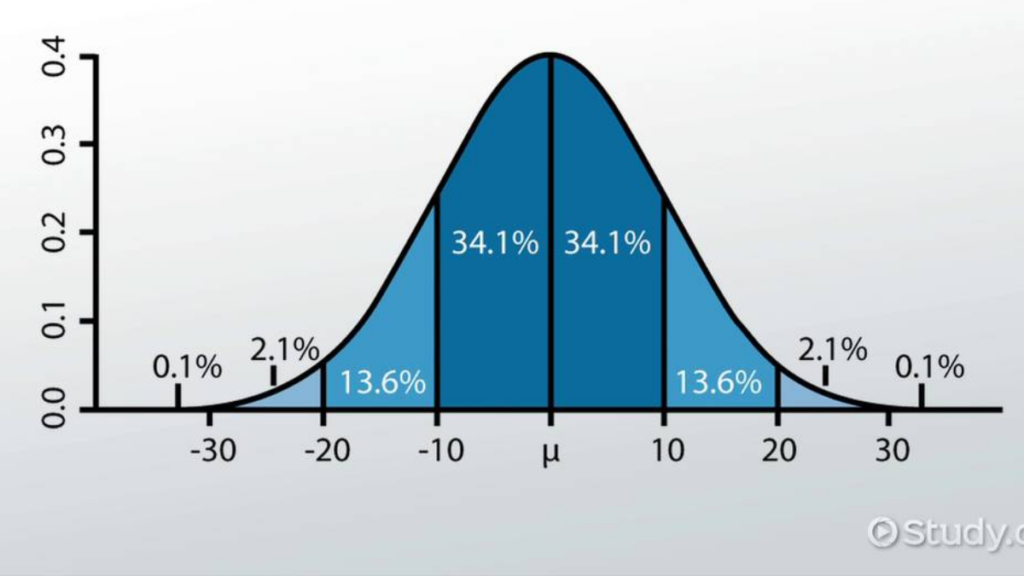
by Richard J. Herrnstein and Charles Murray This 1994 book claims intelligence, more than socio-economic background, predicts life outcomes. Its assertions on race and IQ were condemned by critics as “scientific racism,” igniting heated debate over genetics and social policy.
Silent Spring
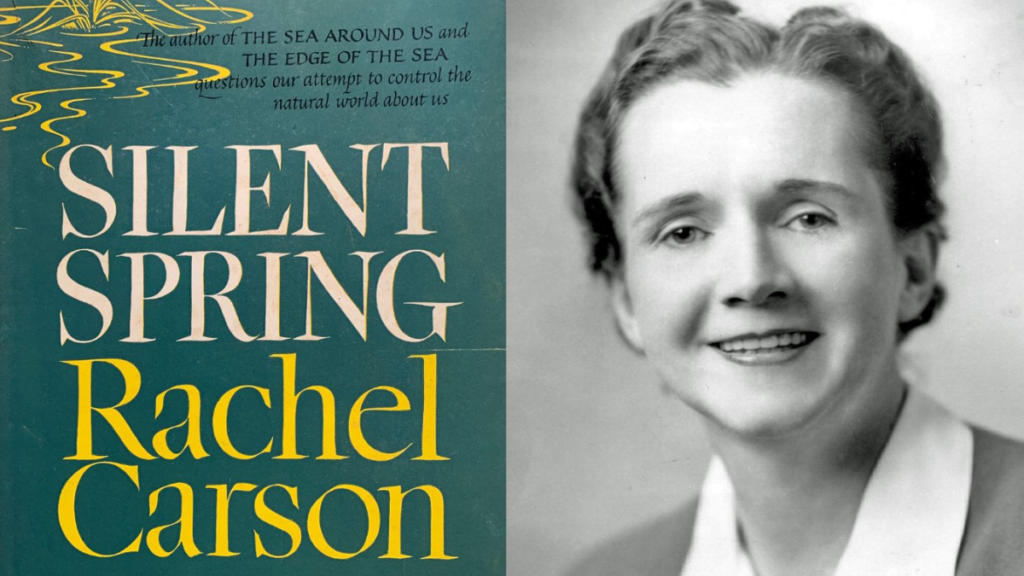
by Rachel Carson Credited with sparking the environmental movement, Carson’s book led to a near-global ban on DDT, a pesticide linked to health risks. However, some critics argue this move inadvertently allowed malaria to spread, challenging her legacy.
Hitler’s Willing Executioners
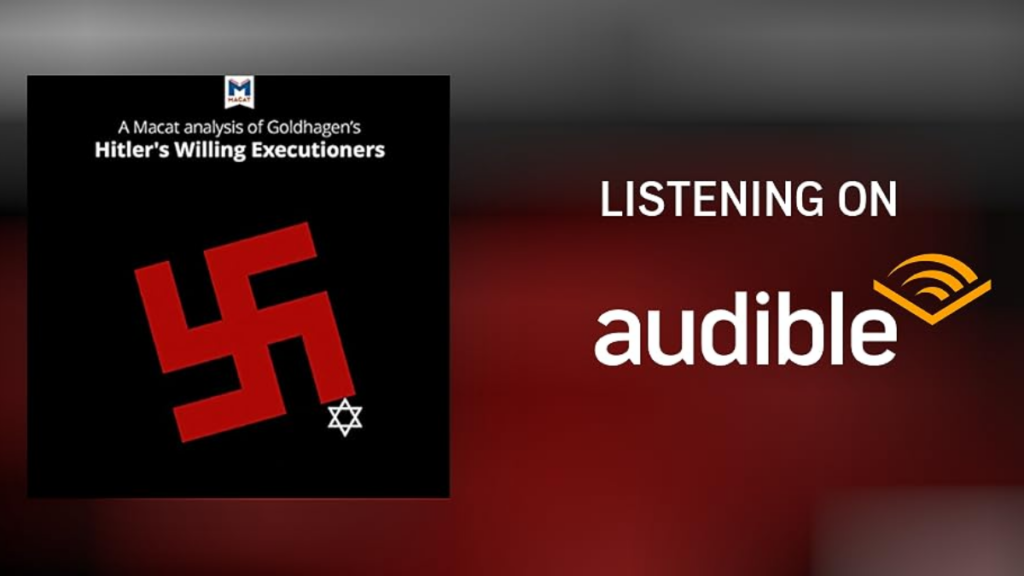
by Daniel Goldhagen Goldhagen argues that ordinary Germans willingly participated in the Holocaust, fueled by a longstanding anti-Semitism. His claim, deemed by some as overgeneralized, incited significant backlash from historians and the public alike.
The Skeptical Environmentalist
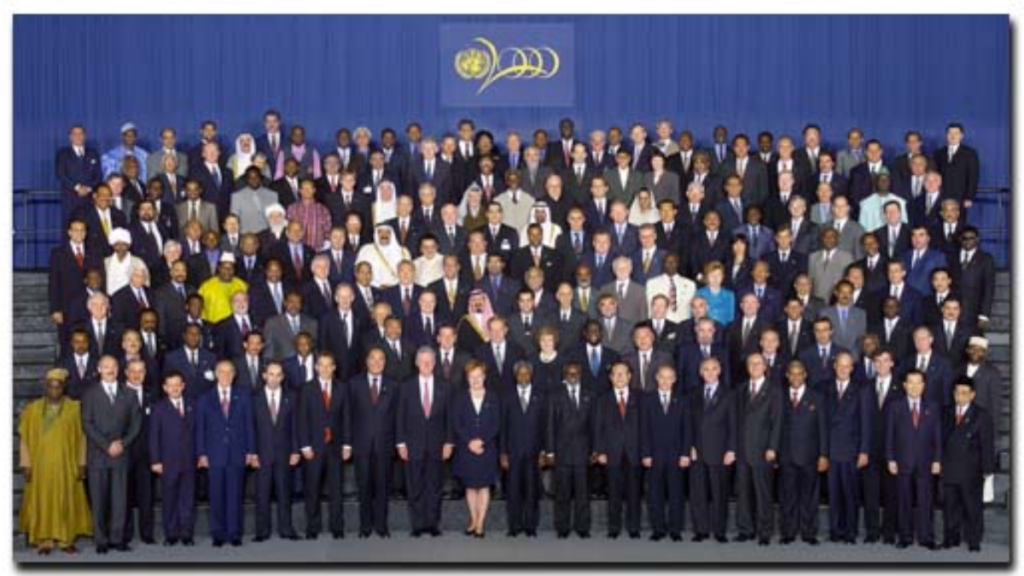
by Bjørn Lomborg Lomborg challenges environmental data on issues like global warming and species loss, suggesting these concerns are exaggerated. His arguments have provoked intense criticism, particularly from environmentalists and scientists.
Icons of Evolution: Science or Myth?
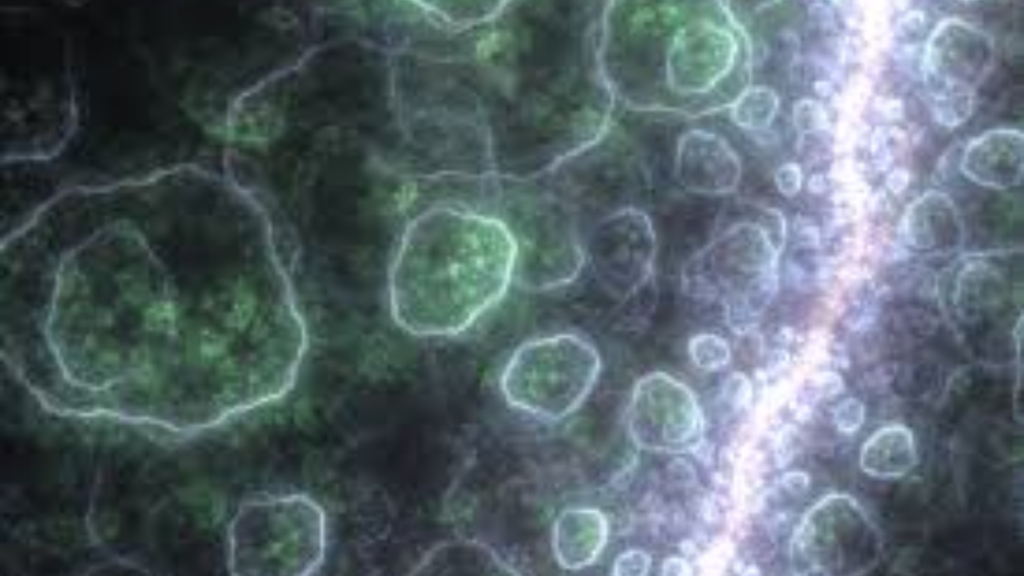
by Jonathan Wells Cited by creationists, Wells critiques evolutionary teaching, arguing examples used in education are misleading. This stance has fueled ongoing debates between evolution supporters and proponents of intelligent design.
The Holy Blood and the Holy Grail
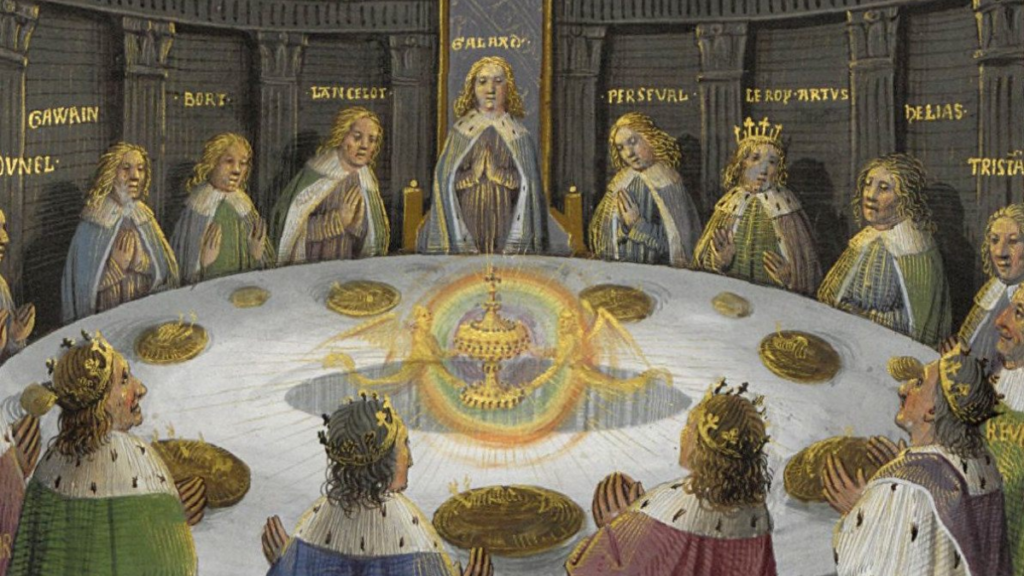
by Michael Baigent, Richard Leigh, and Henry Lincoln This book suggests Jesus married Mary Magdalene, spawning a bloodline protected by secret societies like the Knights Templar. Despite being based on a proven hoax, it remains a source for conspiracy theories and was popularized by The Da Vinci Code.
The Population Bomb
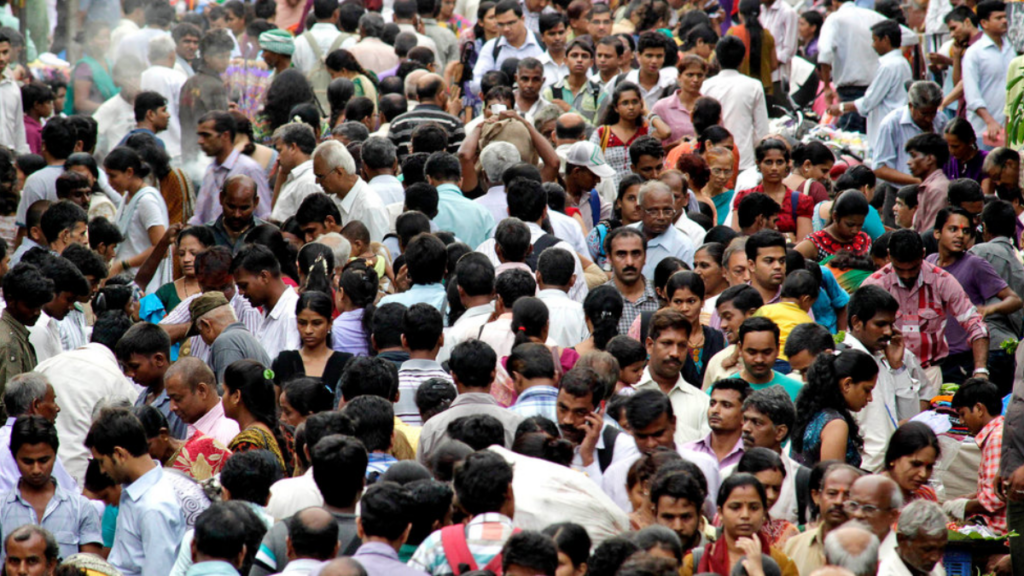
by Paul R. Ehrlich Ehrlich’s 1968 prediction of mass starvation due to overpopulation never came true. However, his calls for drastic population control measures ignited ethical debates and criticisms over environmental and human rights.
The Hoax of the Twentieth Century
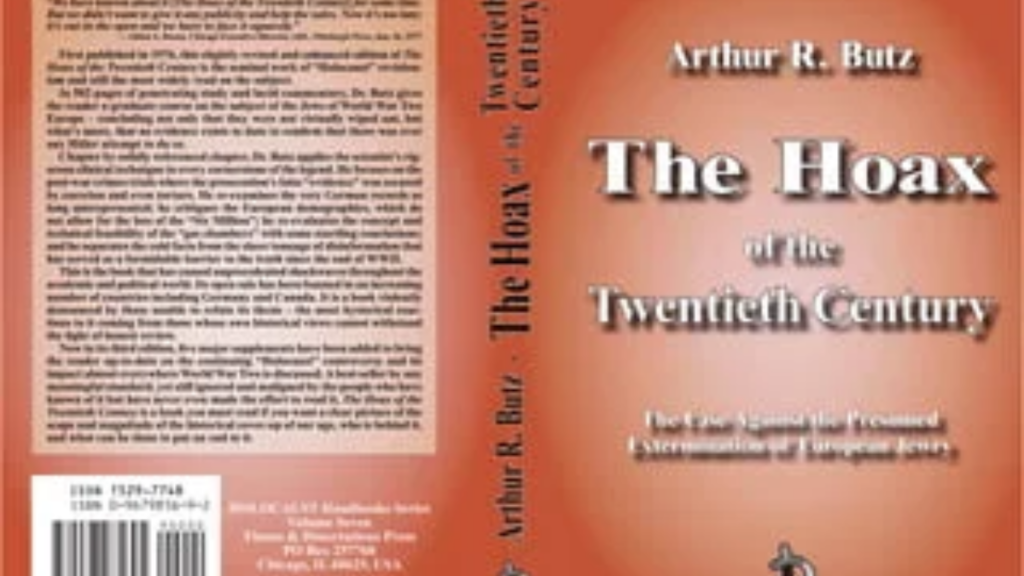
by Arthur R. Butz Published in 1975, Butz’s Holocaust-denial book claims no organized extermination of Jews occurred in WWII, sparking outrage and leading to calls for censorship.
